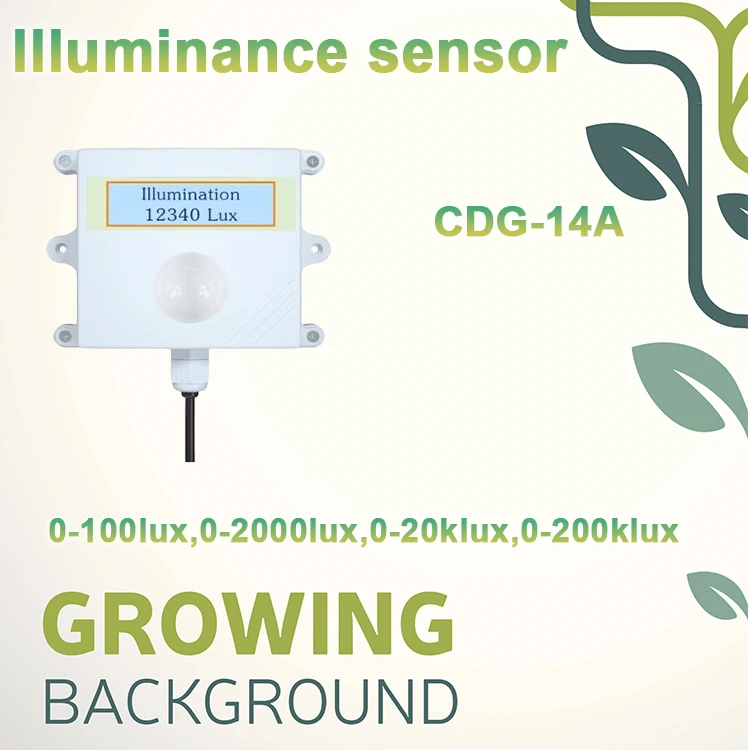
# Light Detector Technology and Applications
## Introduction to Light Detectors
Light detectors are essential components in various scientific, industrial, and consumer applications. These devices convert light energy into electrical signals, enabling the measurement and analysis of light properties. From simple photodiodes to sophisticated imaging sensors, light detectors play a crucial role in modern technology.
## Types of Light Detectors
### Photodiodes
Photodiodes are semiconductor devices that generate current when exposed to light. They are widely used in optical communication systems, light meters, and medical equipment due to their fast response time and reliability.
### Phototransistors
Phototransistors are light-sensitive transistors that amplify the photocurrent generated by light exposure. They offer higher sensitivity than photodiodes and are commonly used in light-activated switches and object detection systems.
### Charge-Coupled Devices (CCDs)
CCDs are highly sensitive light detectors used in digital cameras, astronomical telescopes, and medical imaging systems. They convert light into electronic charge and store it in tiny capacitors for readout.
## Working Principles
Most light detectors operate based on the photoelectric effect, where photons striking a material’s surface eject electrons, creating an electrical current. The specific mechanism varies depending on the detector type:
- Photovoltaic effect in solar cells
- Photoconductive effect in photoresistors
- Photoemission in photomultiplier tubes
## Applications of Light Detectors
### Industrial Automation
Light detectors enable precise object detection, position sensing, and quality control in manufacturing processes. They are integral components in automated assembly lines and robotic systems.
### Environmental Monitoring
Specialized light detectors measure atmospheric conditions, detect pollutants, and monitor climate changes by analyzing light absorption and scattering patterns.
### Medical Diagnostics
In healthcare, light detectors are used in pulse oximeters, blood analyzers, and imaging systems like X-ray detectors and optical coherence tomography devices.
## Future Trends in Light Detector Technology
Emerging technologies are pushing the boundaries of light detection:
- Quantum dot detectors with enhanced sensitivity
- Organic photodetectors for flexible electronics
- Single-photon detectors for quantum computing
- Neuromorphic sensors mimicking human vision
## Conclusion
Light detector technology continues to evolve, enabling new applications across diverse fields. As researchers develop more sensitive, efficient, and specialized detectors, we can expect even more innovative uses in science, industry, and everyday life.
Keyword: light detector